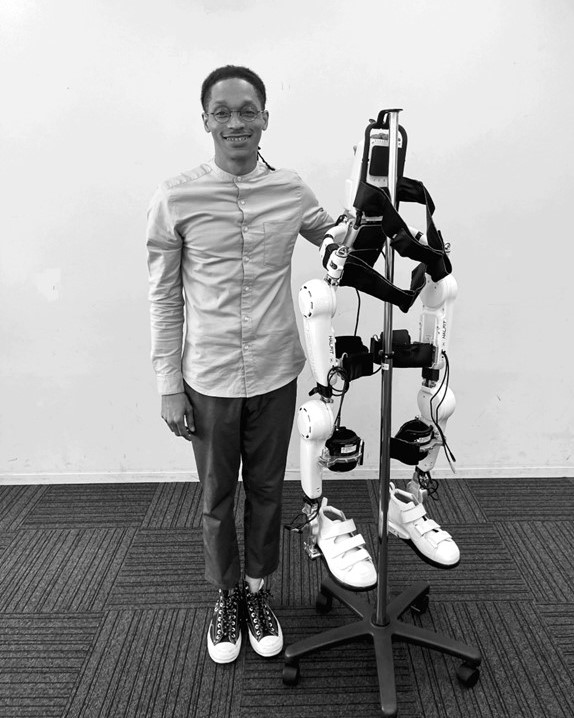May 28, 2025
Today was an exciting and eye-opening day at the Shonan Robo Care Center. As a social work technologist, I was genuinely inspired by the innovative technologies we explored, especially given their potential to significantly improve the lives of people dealing with physical disabilities or age-related health challenges.
 Japan is in what's called a "super-aging" society, meaning over 21% of its population is aged 65 or older. Because of this, there’s a rapidly growing need for robotic solutions that help seniors and people with disabilities maintain independence, enhance daily life, and remain active participants in society.
Japan is in what's called a "super-aging" society, meaning over 21% of its population is aged 65 or older. Because of this, there’s a rapidly growing need for robotic solutions that help seniors and people with disabilities maintain independence, enhance daily life, and remain active participants in society.
One standout technology we learned about was HAL (Hybrid Assistive Limb). HAL is a robotic device designed to assist people in physical rehabilitation, but what struck me most was how it also supports mental wellness. Users shared stories of regained hope, increased motivation, and improved emotional resilience because of their progress. This highlighted to me the profound connection between physical and emotional well-being, and how transformative technology can uplift both.
Our visit also sparked ideas about how such innovations could significantly benefit the field of physical therapy, expanding possibilities for rehabilitation services in the future.
Traveling with an incredible interdisciplinary team, including pharmacy students, a law student, medical students, a medical doctor/MPH student, a highly experienced nurse, and a PhD student in health professions, provided diverse insights. It was impactful to witness firsthand how these technologies can holistically meet various healthcare needs, from clinical care to emotional support.
I've included some images of our group actively trying out the robotics, capturing the hands-on engagement and genuine excitement from our day at the center
David D. Robertson
PhD Student of Social Work
UM School of Social Work/Graduate Studies